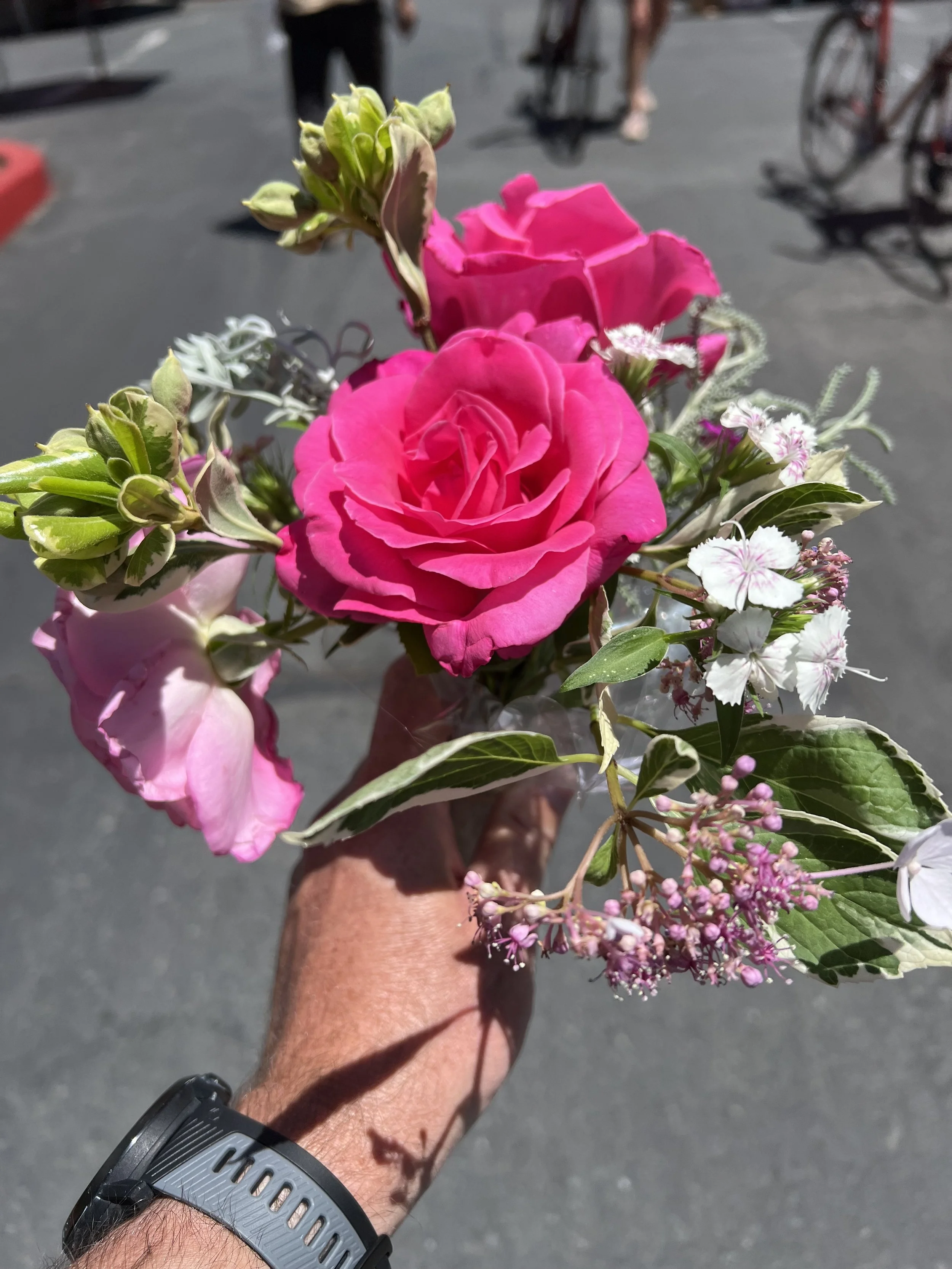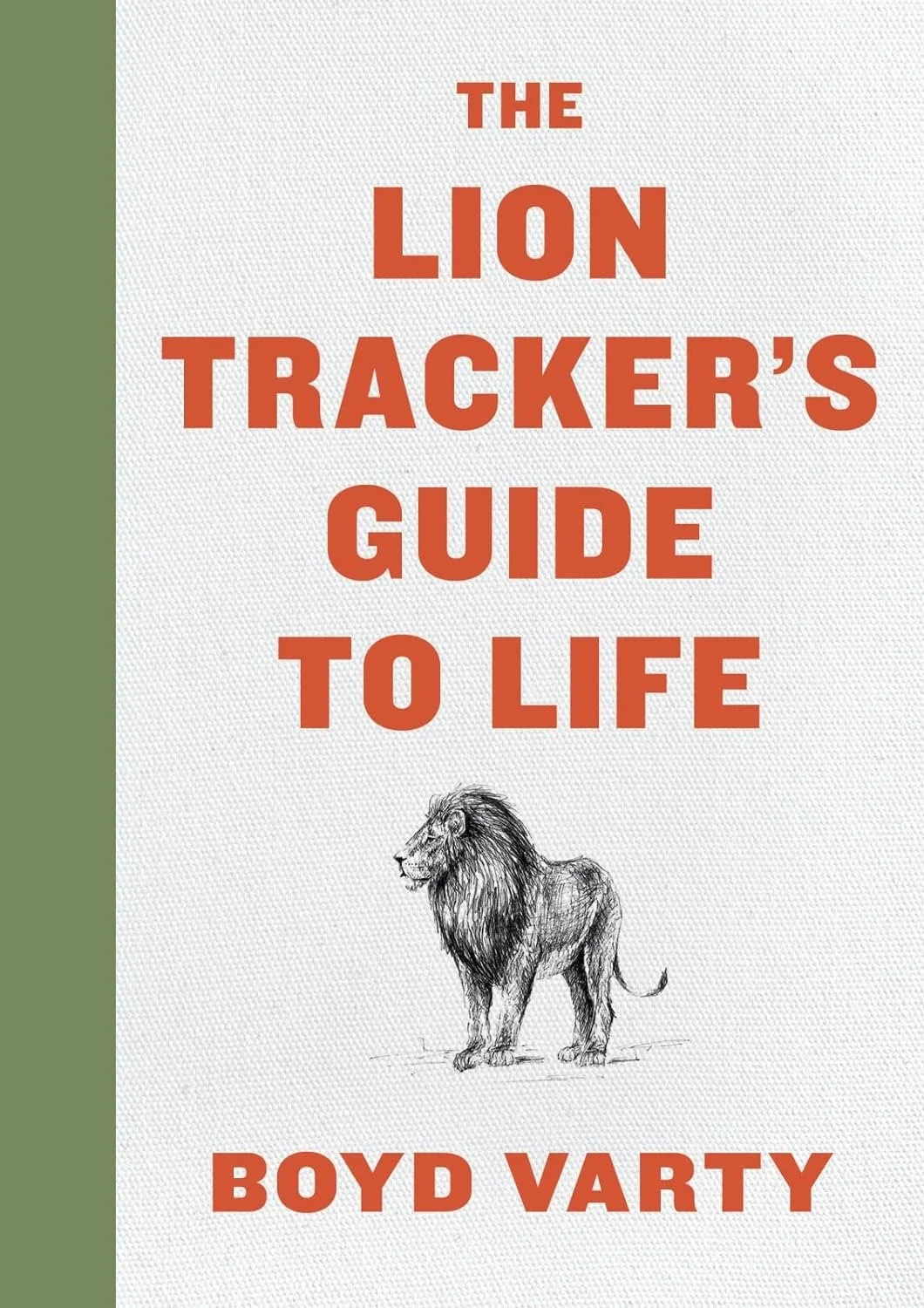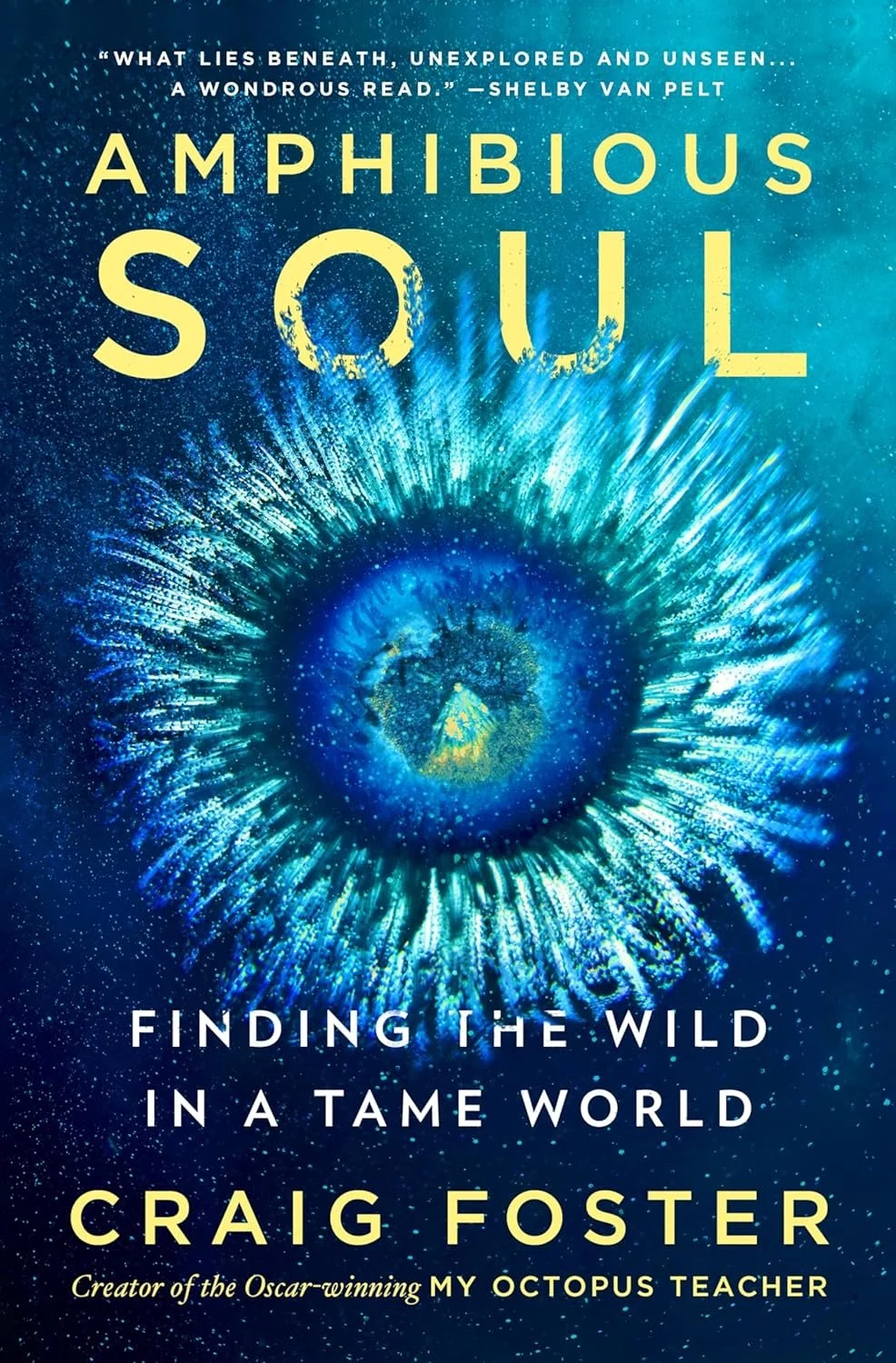What does it mean to be human today?
Here’s a super deep spiritual one for you. I’ve been asking myself this question for a few years now, and I found a few very thoughtful books that helped me see others' perspectives on the matter. Here are a few tidbits I learned recently. Humans are a tribal species, we are animals, we are born in the natural world but live in a world surrounded by domesticated products like phones, houses, comfortable couches, beds, etc. These items and social constructs have detached us from the natural world and our natural state of being.
What I think is even more profound is all these longevity and neuroscience experts pointing out the most obviously simple things, like getting hungry is good for you, being uncomfortable is good for you, and living in small communities that grow their own food and make things with their hands has a strong correlation to longevity and healthy living. It turns out being more human is good for you. So all this stuff that society has told us to do isn’t actually good for us: sitting around, over-nourishing ourselves, looking at glowing rectangles, and being alone are all horrifically bad for us. This is probably because our biology was designed for movement and socializing in the real world.
Anyway, I’m off on a tangent now. Here are the two books I loved:
"The Lion Tracker’s Guide to Life" by Boyd Varty The Lion Tracker’s Guide to Life
The first book was more of a guide to life, comparing how lion trackers structure their techniques and mapping those to life. For example, lion trackers say, “Find the next track.” This basically means that all you need to do is find one track at a time and study it. See what it tells you and if it reveals more information about where the lion is going, how it’s feeling, and what it may do next. This is so true with life. Our body and mind know what we need to do; we just need to let them tell us.
I know I told you this was going to get all spiritual. Bear with me. For most of my life, I’ve been told various things I should do, accomplish, be, and even to the point of people telling me who I am. You know more about yourself than anyone else in the world! Think about that for one second. The only person that’s been with you for your entire life at every moment is you. Maybe there are some close friends that know you really well, or a spouse or family member, but the reality is nobody has seen your life as much as you have. We as a society have pushed people into categories of thinking and boxes that digress us from our natural, authentic self. This means that you listen to you. Don’t be too stubborn, of course—you do live with others and have to be reasonable—but when it comes to big life choices, only you know what’s best for you. This is the most natural and authentic expression of who you are as a human. It’s incredible what you can find if you just start listening to yourself more.
"Amphibious Soul: Finding the Wild in a Tame World" by Craig Foster Amphibious Soul: Finding the Wild in a Tame World
The next book was really more of a deep dive into the natural world and what it means to live here. Craig Foster filmed the documentary "My Octopus Teacher" and is a profound diver and marine biologist. He talks about how we as humans are all genetically coded to live in the natural world; we’ve just forgotten how to do it. He dives in freezing cold water with no wetsuit or air tanks. He wants to stay as authentic to the origins of diving as possible. This gets him closer to creatures like the octopus because he blends into the natural habitat much more without all that gear. He talks about how others have done similar things and are able to adapt to extreme conditions just like he did. The book is profound and eye-opening, as it showed me how important it is to have nature be a part of my life. Every day, our body and mind are drawn to nature whether we realize it or not. People in various podcasts I listen to talk about sleep, for example, and how the way to get optimal sleep is to see morning and evening light because it helps our body create chemicals that help us sleep. Again, this is clearly because we adapted to the cycles of the sun and are reliant on them to live healthy lives. I’m currently quite fascinated with how I can live a more authentic, natural, and wild life: running up hills, gardening and cultivating land, building things with my hands (pottery and carpentry), and just watching and observing nature in its most wild state. I am convinced there’s a strong correlation between the amount of time I spend in wild nature and my overall health and well-being.
Ok, this was a bit of a wild ride around the disorganized brain of Jon. Here’s my little recap for you so you can use some of these learnings without reading both these books:
Embrace discomfort: Understand that being uncomfortable is beneficial. It helps you grow and adapt.
Connect with nature: Spend time outdoors, immerse yourself in natural settings, and engage in activities that connect you with the earth.
Build community: Foster close-knit communities where you can share and grow together.
Listen to yourself: Trust your instincts and inner voice. You know yourself better than anyone else.
Engage in physical activities: Move your body, build things with your hands, and stay active.
Observe natural rhythms: Align your life with natural cycles, like the rising and setting of the sun, to improve your well-being.
By following these principles, you can find a wild part of your life and embrace your natural human essence in a domesticated world.


